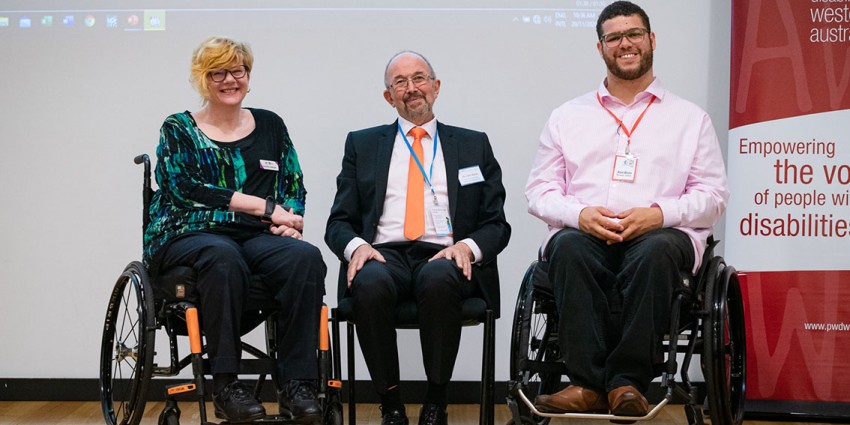
According to Australian Bureau of Statistics, in 2018 there were 4.4 million Australians with a disability, which is an increase on the 2015 statistics. One in 10 of those 4.4 million reported they had experienced discrimination.
Of course, with an increasingly large part of the population identifying as having a disability, we have seen some changes to inclusion over the years.
In 1999 I lodged a complaint under the federal Disability Discrimination Act against a local cinema because, as a profoundly deaf man, I could not enjoy a film with my family as there were no open captions.
Through the Australian Human Rights Commission, this became an Australia-wide forum which eventually led to open-captioned movies across the country.
Under the National Construction Code, it would now be unlawful for any public building to be built, or substantially renovated, without including disability access, toilets, or evacuation facilities.
These are some examples of how decision-makers are re-thinking access to their services, so more of those 4.4 million Australians can participate in public life.
However, we still have some way to go. This year the Commission partnered with Curtin University to conduct a student research report into the issues mobility device users face as they go about their days.
Over 100 mobility device users responded to the research survey and responses described a range of issues including not enough space to manoeuvre on public transport, shops, and restaurants, to uneven paths.
These responses reflect a need for further consultation and consideration of people with mobility issues.
At the Commission disability discrimination is consistently one of the top five grounds nominated in a complaint in both the area of goods and services and employment.
The Commission hears respondents to a complaint say resources are an issue, that it can be costly to accommodate people with a disability. However, I would like decision-makers to consider the costs of excluding people with a disability.
A venue or shop that can accommodate a mobility device will attract more customers, as will a cinema that can accommodate patrons with hearing disabilities.
The more people who can participate in public life, the richer our society will be, and not just financially, but emotionally and socially which is essentially what Substantive Equality is all about.
So while it is important to recognise International Day of People with a Disability on 3 December, I call on all decision makers to go beyond that day and consider those 4.4 million Australians whenever they are approving policies, procedures and passing laws so our society can reach its full potential.


